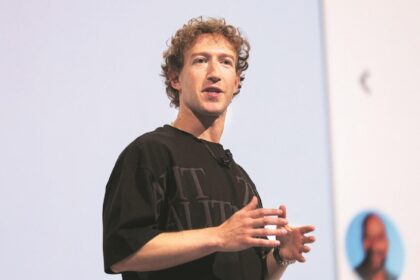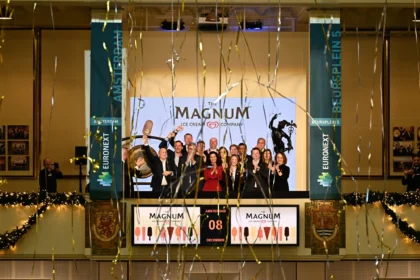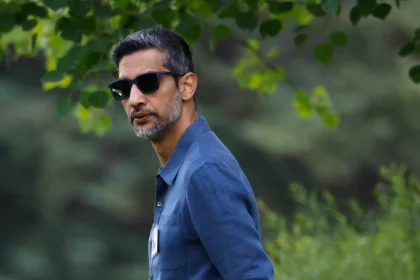Job candidates at Twilio, the cloud communications platform, are learning quickly that impressing CEO Jeff Lawson requires more than polished resumes and rehearsed answers. According to insiders, Lawson conducts 45-minute interviews over dinner, listening closely for subtle language cues that reveal a candidate’s mindset—particularly one specific word that, if overused, can derail a job opportunity.
The Dinner Interview: More Than a Meal
Unlike traditional panel interviews or Zoom calls, Lawson’s approach combines social interaction with high-stakes evaluation:
- Duration and Setting: Candidates spend roughly 45 minutes in a relaxed dinner setting, giving Lawson time to observe interpersonal skills, thought processes, and conversational flow.
- Informal Yet Insightful: While the environment is casual, the stakes are high. The dinner format encourages candidates to demonstrate authenticity, curiosity, and strategic thinking.
- Observation Beyond Words: Lawson pays attention not just to what candidates say, but how they communicate, including tone, structure, and word choice.
The One Word That Can Cost the Job
Insiders report that Lawson listens for the repeated use of the word “but” during these conversations.
- Why “But” Matters: Overusing the word can signal defensiveness, a tendency to deflect responsibility, or difficulty in embracing challenges.
- Cultural Fit Indicator: At Twilio, Lawson values ownership, adaptability, and collaborative problem-solving. A candidate who frequently says “but” may appear resistant to feedback or slow to pivot.
- Beyond Vocabulary: While the word itself is trivial, the pattern it reveals about mindset and approach to problem-solving is the key insight Lawson seeks.
How Candidates Can Prepare
For those interviewing with Twilio, the dinner interview is as much a test of self-awareness as technical expertise:
- Mind Your Language: Avoid overused phrases that may suggest defensiveness. Practice framing challenges positively.
- Show Adaptability: Demonstrate the ability to take feedback and pivot solutions quickly.
- Engage Authentically: The casual setting rewards natural conversation over rehearsed pitches.
- Focus on Problem-Solving: Candidates should highlight examples where they took ownership of outcomes rather than shifting blame.
Former Twilio employees say that candidates who embrace the dinner dialogue as a two-way conversation tend to perform best.
Why This Method Works
Lawson’s approach reflects broader trends in executive-level hiring:
- Behavior Over Credentials: More companies now prioritize soft skills, mindset, and cultural fit over purely technical expertise.
- Subtle Signals Matter: Patterns in speech and word choice can reveal personality traits that interviews and resumes often mask.
- Investing in Long-Term Fit: By observing candidates in informal settings, Lawson can gauge resilience, judgment, and emotional intelligence—qualities critical for success at Twilio.
Lessons for Job Seekers
While not all organizations use dinner interviews, the method offers insights applicable across sectors:
- Language Shapes Perception: Frequent words like “but,” “can’t,” or “hopefully” can unconsciously signal risk-averse or defensive behavior.
- Mindset Over Memorization: Demonstrating curiosity, ownership, and problem-solving is more impactful than reciting achievements.
- Cultural Awareness Is Key: Understanding company values and aligning communication style can make a decisive difference.
Conclusion
Twilio’s CEO has turned the simple act of sharing a meal into a strategic hiring tool, where every word and pause counts. For candidates, the takeaway is clear: success isn’t just about what you know—it’s about how you think, communicate, and fit within the company culture.
For those hoping to join Twilio, mastering the subtle art of language—and avoiding that one critical word too many—may be the key to securing the job.







